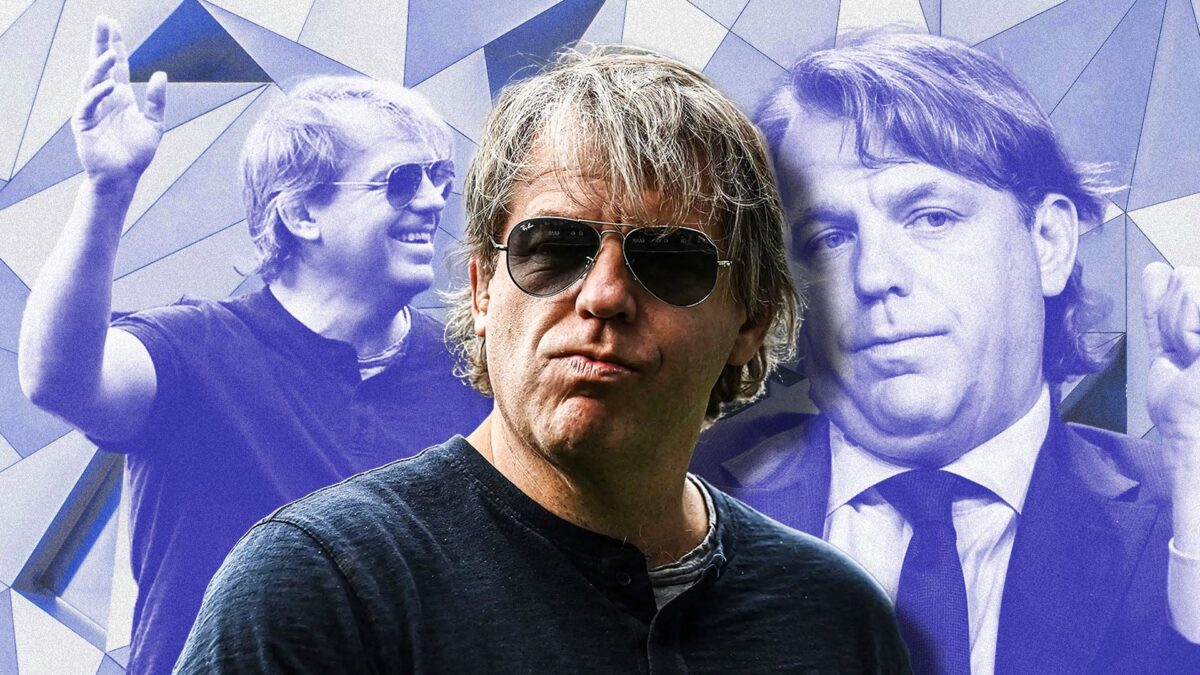Chelsea’s new American owner, Todd Boehly, has been flashing the cash since his arrival in West London last year, to the cool tune of £650m ($1.2B AUD) spent on player transfers over the course of a season. Faced with an arduous summer of transforming an inflated, ageing squad on multi-year deals, Boehly has seemingly struck gold with the emerging Saudi Arabian Pro League, sending unwanted players across to comply with Premier League’s Financial Fair Play (FFP) regulations.
It’s fair to say Chelsea had a disappointing 2022/23 season; Russian oligarch owner, Roman Abramovich, was forced to sell the club by the UK government amid connections to Vladamir Putin, three managers subsequently got the chop following poor results on the pitch and more than £650m ($1.2B AUD) was spent recruiting first-team players only to finish 12th in the Premier League, their lowest league position in almost 20 years.
The club is clearly in a transition period. Huge improvements are required to get the squad in competitive shape and a massive overhaul of players was expected as the transfer window opened following the conclusion of the Premier League season.
The only problem? Chelsea announced a loss of £121.3m ($228m AUD) for the 2021/22 season meaning players had to leave before more marquee signings could be made in order to comply with Premier League’s FFP.
Enter the Saudi Arabian Pro League. To date, Chelsea has sold N’Golo Kante, Kalidou Koulibaly, Edouard Mendy and Hakim Ziyech to the four biggest clubs in Saudi Arabia. Clubs, which, as of this month, are all owned by Saudi Arabia’s Public Investment Fund (PIF), the state’s sovereign wealth fund.
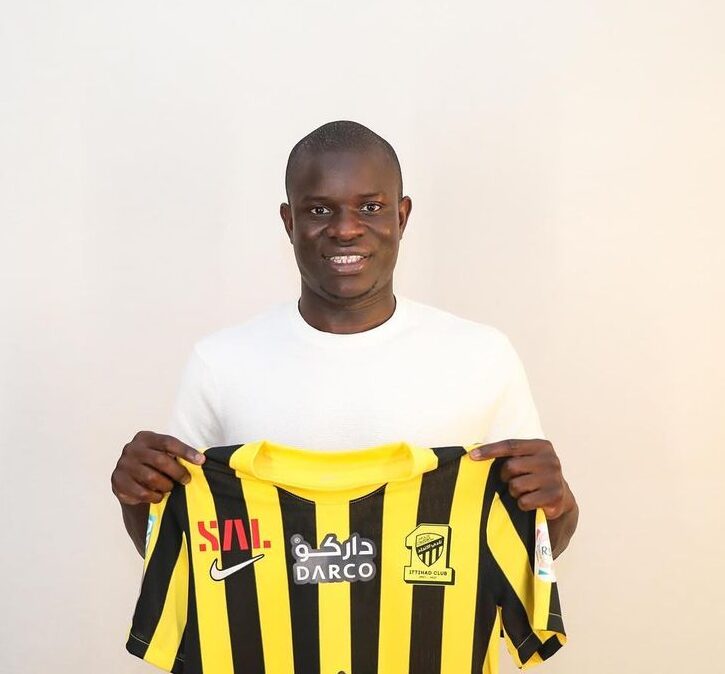
Objectively, this shouldn’t be an issue as the Saudi Pro League has been making big statement signings in recent months; Karim Benzema has signed with Al-Ittihad, Ruben Neves joined Al-Hilal and of course, Cristiano Ronaldo made the switch to Al-Nassr in January of this year.
So what’s the problem?
Here’s where things start to become… convoluted. At the top of Chelsea’s hierarchy is Todd Boehly, billionaire American businessman, owner of Los Angeles Dodgers, the Los Angeles Lakers, and the Los Angeles Sparks, and Chairman and CEO of Clearlake Capital.
But questions are now being raised about the source of the Chelsea owner’s income, as it’s been revealed by Sportsmail that “Saudi Arabia’s Public Investment Fund (PIF) has billions of pounds of assets managed by Clearlake.”
Saudi Arabia is accused of a litany of blatant human rights violations, the murder of journalist Jamal Khashoggi and has a complex history of oppressive, homophobic and misogynistic state laws. The PIF-led takeover of Newcastle United in October 2021 was met with immense opposition, as the Saudi state began their campaign of investment in football all around the world.
It’s all about optics
Questions arise as attention turns to Clearlake, the new owners of Chelsea Football Club, and the alleged source of their financial investment from the Saudi state. Top European clubs are increasingly concerned that Chelsea has been able to wholesale unwanted players to the four most prominent clubs in the Saudi Pro League, capitalising on a newly-emerged buying market and avoiding any potential FFP penalties.
“The Premier League should put an instant embargo on transfers to Saudi Arabia to ensure the integrity of the game isn’t being damaged.”
Gary Neville
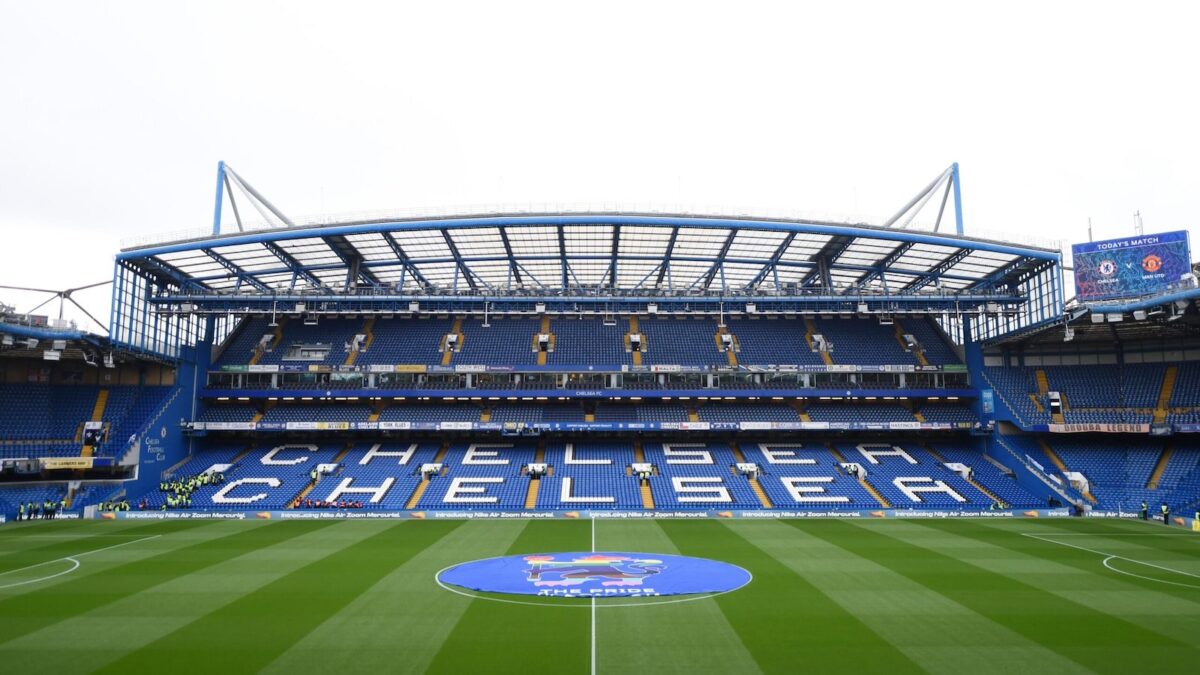
Chelsea and their new owners were, of course, properly vetted by the Premier League and have since maintained that no Saudi money was used during the takeover in 2022. In fact, it’s quite common for sovereign-owned wealth funds to invest heavily in overseas capital funds, but the alleged ties between these two parties simply cannot be ignored.
What is Financial Fair Play?
Financial Fair Play regulations were introduced at the start of the 2011/12 season to ensure responsible spending practices and maintain financial stability for Europe’s elite clubs.
Clubs are encouraged to break even – however, a certain degree of acceptable losses is tolerated. In short, clubs are not allowed to spend more than they earn. The Saudi Pro League, on the other hand, does not have FFP, and subsequently unlimited spending power…
But it’s not just Chelsea
In October of 2021, a Saudi-led consortium completed the takeover of Newcastle United, paying £350m ($660m AUD) for a majority share. Since then they’ve invested heavily into Newcastle’s playing squad, signing 5 of the 6 most expensive players in the Club’s history, subsequently dragging the club from 19th place when they took over, to European qualification this season.
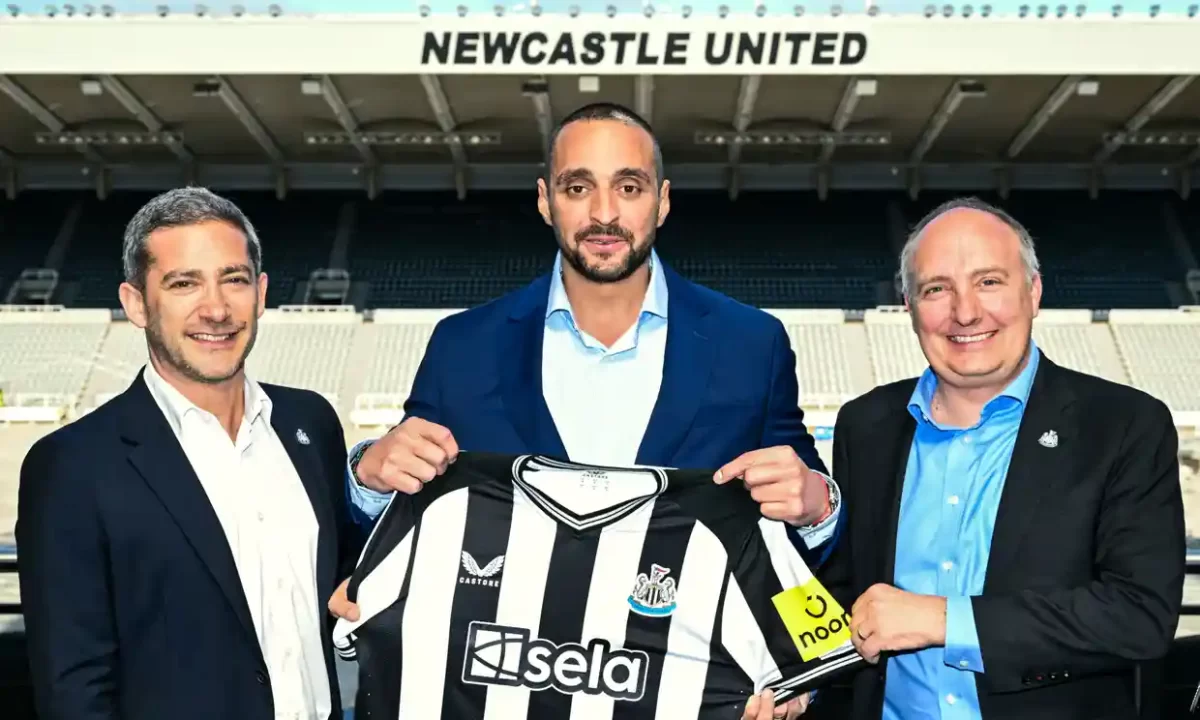
Newcastle has also secured a commercial sponsorship deal with Sela, a Saudi Arabian events company, worth £25m a year ($47m AUD). Notably, the deal will give Newcastle a drastic increase on their previous £6m a year ($11m AUD) deal.
The only concern is that Sela is owned by the same Saudi Arabian Private Investment Fund that also owns Newcastle, offering increased contracts for sponsorship deals that allow the Club to navigate financial scrutiny, affording more financial flexibility within strict FFP regulation.
In comparison, Tottenham’s deal with Chinese insurance broker AIA is worth £40m a year and Manchester City’s deal is £67.5m a year. Newcastle’s deal will be properly scrutinised and is not expected to break Premier League rules.
Saudi Arabia is a footballing nation
It is relevant to highlight just how important football is to Saudi Arabia. Millions of Saudis cheered on their national team at the 2022 World Cup as they beat Lionel Messi’s Argentina 2-1 in the group stage, as King Salman declared a public holiday to celebrate the great football upset.
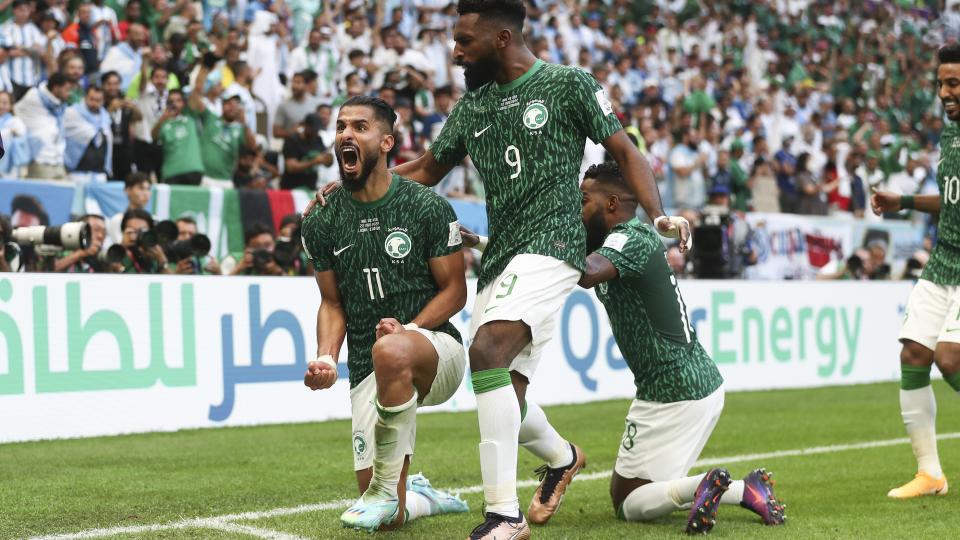
Huge importance – and investment – has been placed on improving football within the Gulf. The rivalry between Saudi’s two biggest clubs is akin to El Clásico, the North London derby and Der Klassiker, with young Saudis desperate to have a competitive league in their own country. Is it not right that an oil-rich nation uses its wealth to invest in elite sport, events and entertainment for its people?
Whilst it’s evident that Saudi investment represents significant cash injections into Premier League clubs when they need them most, it does raise serious concerns about fairness and integrity within sport. And it’s important to determine whether we feel it’s right that this unlimited spending power continues, or whether it’s a justified part of a much larger global game.
